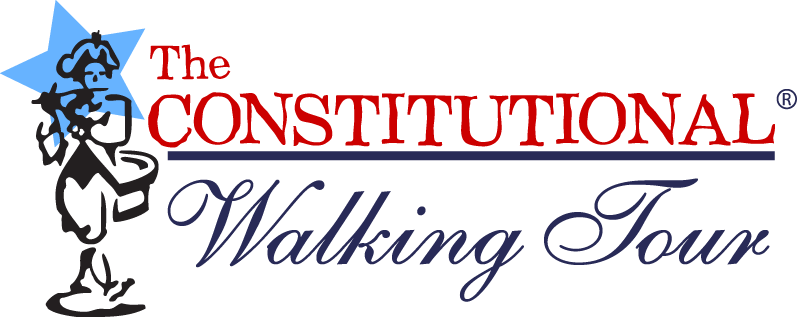For more information:
215.525.1776
info@TheConstitutional.com
A Better America
The March on Washington, the Boston Tea Party, and Stonewall are all famous American protests, petitions, riots and rallies. For hundreds of years, Americans have been protesting against numerous laws, causes, and the government. According to the First Amendment, Americans have the right to petition, allowing them to stand up against the government if they believe that the government has done something wrong, and allowing them to help change the injustices they feel are occurring.
Recently, criminal charges were pressed against Green Party presidential nominee Jill Stein when she spray-painted a bulldozer during an environmental protest. According to CNN, Stein was in North Dakota with dozens of demonstrators to protest the building of the Dakota Access Pipeline, a nearly $4 billion effort to construct a pipeline linking the Bakken shale formation, a large shale oil deposit in the state, with oil refineries on the Gulf coast (Stein charged with mischief). Because of the right to petition given to American citizens, Stein was able to protest against the government, who she thought was making a wrong decision, which allowed her voice to be heard in the controversy.
Likewise, when the Constitution was written, women did not have voting rights. However, in 1848, the women's rights movement was launched, and the demand for women's suffrage was the main catalyst. Seventy years later, after numerous protests, American women were granted the right to vote, showing how the right to petition has helped America become a fairer and equal nation, allowing everyone to voice their opinions on various controversies.
Ultimately, the right to petition allows Americans a voice in what happens in their country and government. Whether minor or major, petitions have resulted in changes across the nation, and have helped improve America in ways that the other amendments have not.



